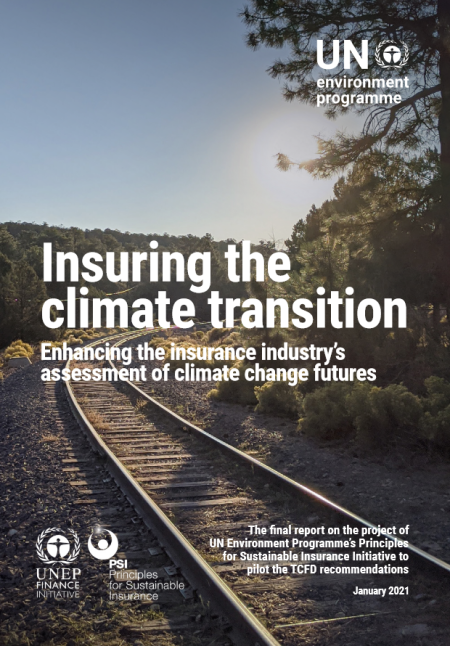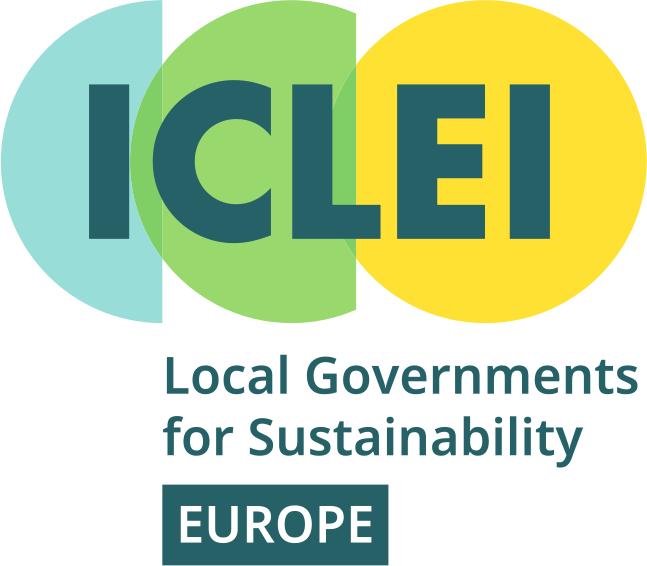Image:

Author/Contact:
UNEP
Publication date:
Resource description:
The insurance industry is one of the largest global industries with more than USD 6 trillion in world premium volume and USD 36 trillion in assets under management. As such, insurers hold a significant portion of global economic assets and liabilities on their balance sheets. As risk managers, insurers and investors, the insurance industry can play a leadership role in building climate-resilient communities and in accelerating the transition to a net-zero emissions economy.
This report focuses on the risk manager and insurer roles of the insurance industry. Over the past year, 22 leading insurers and reinsurers have collaborated under the auspices of UN EnvironmentProgramme’s (UNEP) Principles for Sustainable Insurance Initiative (PSI) to pilot methodologies that insurers can use to implement the recommendations of the Financial Stability Board’s Task Force on Climate-related Financial Disclosures (TCFD). This study on insurance follows the TCFD studies done by UNEP’s Finance Initiative on banking and investment.
The overall aim of this PSI-TCFD pilot project is to contribute to the development of consistent and transparent analytical approaches that can be used to identify, assess and disclose climate change-related risks and opportunities in insurance underwriting portfolios in a forward-looking, scenario-based manner. Assessing climate change-related risks based on forward-looking infor-mation and scenarios is a central component of the TCFD recommendations, and is arguably the most challenging to implement. Climate scenarios provide a cornerstone for the analysis presented in this report, with their use consistently applied across the physical and transition risk categories.
Licence:
- Free, no licence
Resource link:











